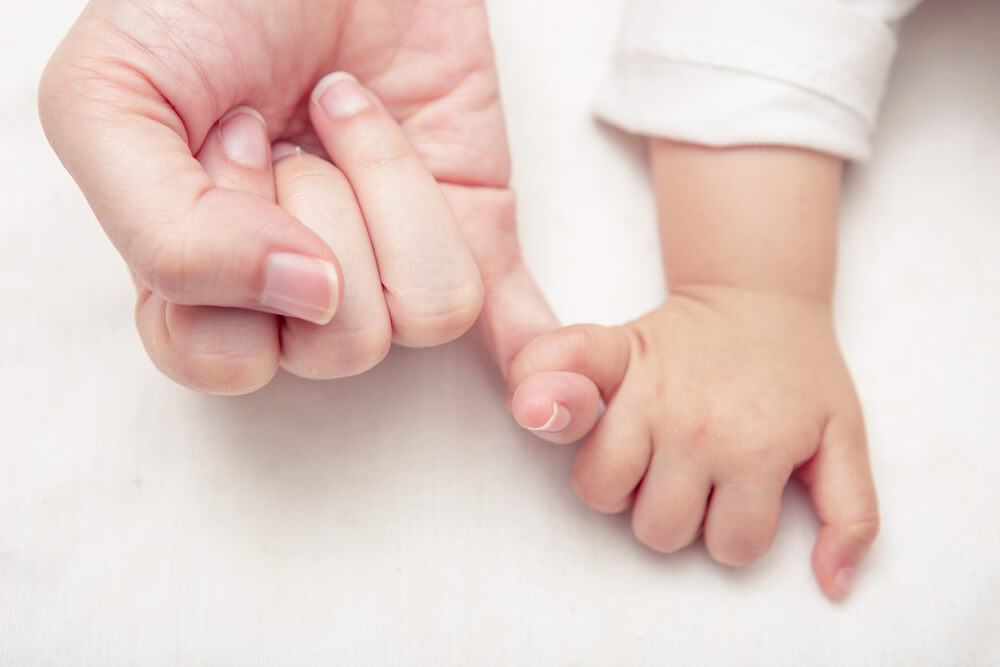Roseola, also known as the “sixth disease,” is an infectious disease that is caused by a virus. It manifests as fever and is followed by a skin rash. This condition is most common among children aged two years old and infrequently affects adults.
In most cases, children only acquire mild symptoms of roseola and never manifest any clear signs of disease. In contrast, others may experience a comprehensive range of symptoms. Generally, roseola is not a serious condition. However, if a child gets a very high fever, it can lead to certain complications. Therefore, medications to reduce fever will be needed.
Similar to other viral diseases, including common cold or flu, roseola can spread from one person to another through direct contact in saliva and secretions of an infected person.


